How Can A Babysitter Care For Kids With Medical Conditions-2?
Hope you found my article on how babysitters should deal with medical conditions like allergies and asthma (http://daycare.sulekha.com/care-corner_how-can-a-babysitter-care-for-kids-with-medical-conditions-1_blog_7971 informative. I thought it would be appropriate to discuss how babysitters should deal 2 more medical conditions namely cerebral palsy, and sickle cell disease.
Cerebral Palsy or CP:
This is a long-term medical condition that causes brain damage and muscle problem with the condition varying from child to child. It could cause limitations in moving, learning, hearing, seeing, and thinking. Some may have slight muscle problems while others could move only by use of wheel chairs and walkers, with some having problems in brain function, while others may have learning problems and delay in development.
A babysitter should ask the parents the following questions:
In case a child uses a wheelchair, leg braces, or walker, does he/she always need it?
How does the child get into bed, use the bathroom and sit at the table?
In case the child has difficulty in swallowing does he or she need soft food or is it OK to eat normal food?
In case the child cannot speak, does he/she use any other form of communication like a sign language or a talking keyboard?
Entertaining a child with CP depends on how much he/she can understand and the mobility of the child. Parents can be asked to suggest activities that you can engage the child in; you could start with simple puzzles, coloring, and move to other activities later when you know the child better.
Some kids with cerebral palsy could have seizures; ask the parents what to do in case of a problem. Many such children also have less muscle control than other children, with some trying to convince you that they can go without assistive devices like leg braces. This can lead to injury, so be firm when you are in charge.

Sickle Cell Disease:
Caused by abnormally shaped red blood cells, it could cause various health problems in kids like periods of pain, usually in the arms, legs, or back known as "pain crises"; or shortness of breath and chest pain known as "acute chest syndrome". It could also make the child pale or dizzy.
A babysitter should ask the parents the following questions:
If the child has pain crisis does it usually affect a certain part of the body? What should I do in a pain crisis?
Has your child ever had acute chest syndrome? What are the warning signs? What should I do if your child has symptoms of acute chest syndrome?
Are there any other symptoms (such as fever, dizziness, looking pale, or fatigue) that I should watch out for?
Cold temperatures trigger the pain crisis, so it is best to avoid taking the kid outdoors in winter. If you go swimming, confirm from parents what temperature is too cold for the child. Avoid dehydration in the kid by giving her/him water and other non-caffeinated drinks.
During the pain crisis the child could complain of pain in the back, arms, or legs, with a child with acute chest syndrome showing symptoms of coughing a lot, chest discomfort, and fever. It is best to get in touch with parents immediately if the child has fever, looks pale and dizzy.
Hope most babysitters find this article also equally informative.
Take the next step toward your goals
Share your requirement and find the best care providers in your area
-
Looking for a caretaker’s job? Build your profile and get in touch with families in your vicinity.
-
Discover nannies, babysitters, cooks, housekeepers, pet sitters, and elder care under one roof.
-
Get all the support you need to run a successful care center.
-
Search for appropriate centers near you depending on your needs.
Care Corner Insights: Blog Library
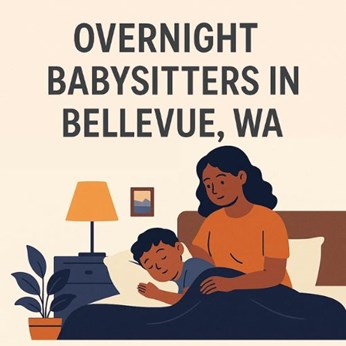
Overnight Babysitters in Bellevue, WA for Business-Travelling NRI Parents: Safety & Policies
For many NRI parents living in Bellevue, WA, frequent business trips are a reality. While traveling, one of the biggest concerns is ensuring your children are safe, cared for, and emotionally supported during overnight stays. Overnight babysitters ca

Indian Home-Style Cooks in Queens, NY: Tiffin-Style Weekly Meal Prep from Your Kitchen
Queens, NY, is home to one of the most diverse food cultures in the country, and Indian cuisine holds a special place among families looking for authentic, comforting meals. While restaurant takeout is convenient, nothing compares to the taste and nu
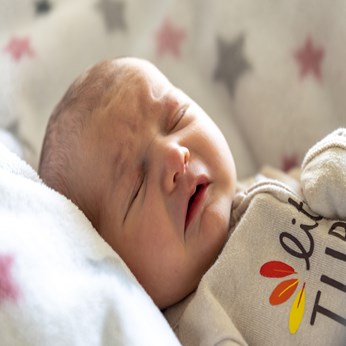
Baby Sleep Problems: What is Sleep Regression and How to Handle It
If you’re a parent, you know that baby sleep is one of the greatest mysteries of life. One day your little one is snoozing like an angel, and the next day they’re suddenly waking up every hour, fussing, or refusing to nap. Before you panic, there’s a
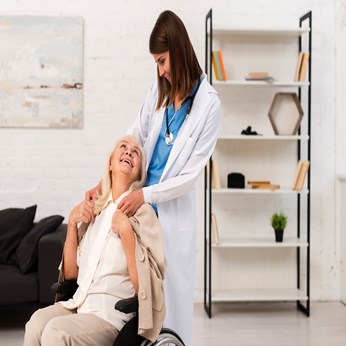
What is Validation Therapy? A New Approach to Dementia Care
Caring for loved ones with dementia is one of the most emotionally challenging journeys a family can face. Traditional methods often focus on correcting memory lapses or redirecting confused thoughts—but that can sometimes lead to frustration, stress
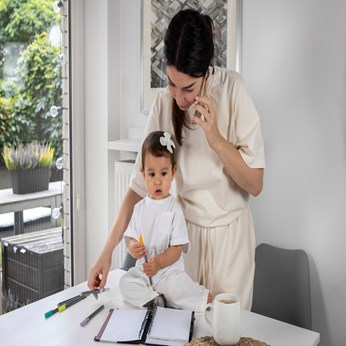
What is a Part-Time Nanny and Do You Need One
Parenting is a beautiful journey, but let’s be honest—it can also be exhausting! Between work deadlines, household chores, and family responsibilities, sometimes there just aren’t enough hours in a day. That’s where part-time nannies step in, offerin
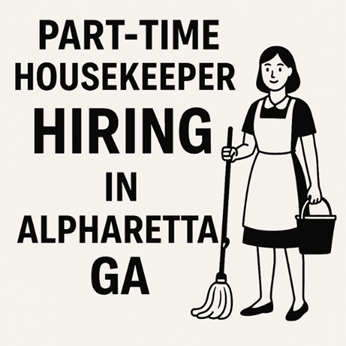
Part-Time Housekeeper Hiring in Alpharetta, GA: Weekly Schedules, Pricing, and Must-Do Tasks
Keeping a home spotless while balancing work, family, and personal commitments can be overwhelming. For families and professionals in Alpharetta, GA, hiring a part-time housekeeper is one of the most practical solutions. Whether you need help once a

Affordable Daycares in Irving, TX with Indian Menu Options: Parent Reviews & Enrollment Tips
Finding the right daycare for your little one is never an easy decision—especially if you’re looking for one that fits your budget and offers familiar food options like an Indian-inspired menu. For parents in Irving, TX, the good news is that several
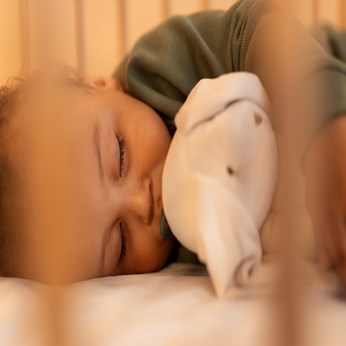
Can Babies Sleep on Their Side? Tips for Safe Baby Sleep
When it comes to newborns, every parent worries about the smallest details—how they sleep, what they wear, even which way they turn their tiny heads. One common question that pops up is: “Can babies sleep on their side?” The short answer? Not recom

8 Benefits of Hiring a House Cleaner for Your Home
Let’s be honest — keeping a home sparkling clean while juggling work, family, and daily life can feel like a full-time job in itself. That’s where professional house cleaners step in, turning the chaos into calm. If you’ve been debating whether to br

How to Care for a Gassy Baby? What’s Normal and what’s not – Expert Advice
If you’re a new parent navigating the world of burps, bubbles, and baby fussiness—welcome to the club! Gas in babies is incredibly common, especially in the first few months. But how do you know what’s normal and when it’s time to call in expert help